"preventing access prevents lifesaving humanitarian aid." "With the necessary political will, this can be easily reversed.""If we have to leave Rafah, it will be extremely challenging to run such assistance operation. Right now, we are finding it difficult to satisfy public requests," Thomas said to Al Jazeera English.
The UN agency for Palestinian refugees (UNRWA) issued a warning on Thursday, stating that the scarcity of food in north and central Gaza is putting the lives of hundreds of thousands of Palestinians in danger.
The last time UNRWA was permitted to transport supplies to the region was on January 23, which was more than two weeks ago, according to UNRWA Chief Philippe Lazzarini.
After Hamas's fatal strike on October 7, Israel has been bombarding Palestinian territory; other humanitarian assistance organizations have reportedly reported difficulties delivering aid into the region.
On X, the previous Twitter platform, Lazzarini said, "Since the beginning of the year, half of our aid mission requests to the north were denied.""Deep pockets of hunger and suffering in northern Gaza have been detected by the UN, and it is thought that famine may be approaching there.
"At least 300,000 people living in the area depend on our assistance for their survival."
People in north and central Gaza were told to go south while Israel, which has besieged the small, heavily populated region, pursues individuals accountable for the October 7 attack.
The estimated 2.4 million residents of Gaza are currently crammed into the southern city of Rafah, where Israeli Prime Minister Benjamin Netanyahu has given the order for troops to be ready for an assault.
The agency's hub of operations for the whole Gaza Strip is Rafah, and Thomas White, director of UNRWA activities in Gaza, said there was now "enormous concern" about an impending onslaught there.
"If we have to leave Rafah, it will be extremely challenging to run such assistance operation. Right now, we are finding it difficult to satisfy public requests," he said to Al Jazeera English.
"If there are hundreds and hundreds of thousands of people on the move again, we just do not have the resources to support them but also operationally we will not be able to effectively or safely run operations from a city that's under assault from the Israeli army."Many people are still in Wadi Gaza, the center, and the north despite the shift south.
Gaza is becoming "a wasteland of hunger and despair," according to Georgios Petropoulos, head of the UN agency OCHA there.
He told AFP on Wednesday that inhabitants in north Gaza were "on the edge of starvation" and that aid agencies were being barred while the few vehicles that manage to pass are surrounded by people.
"They congregate by trucks and other vehicles carrying goods sometimes in their thousands, and unload them in minutes," he stated.
On Wednesday, an AFP correspondent saw hundreds of men standing by on the major north-south route south of Gaza City, anticipating a convoy of relief vehicles.Many of them ran away as they noticed Israeli military vehicles approaching, while some continued to move in the convoy's direction. The reporter also stated that many people were shot in the face and sent to the hospital.
The nonprofit organization World Central Kitchen, which distributes food relief, stated that it can only access north Gaza "a limited number of times each week".
According to a statement, they now use two trucks: one to provide food to crowds along the road, and the other to supply meals for hospitals.
During a visit to the area this week, US Secretary of State Antony Blinken renewed his call for more aid to Gaza.
According to Lazzarini, "preventing access prevents lifesaving humanitarian aid." "With the necessary political will, this can be easily reversed."
However, Israel asserts that in order to extend the five-month confrontation, Gaza's ruling party, Hamas, is misappropriating aid for its own goals.
End//voice7news.tv



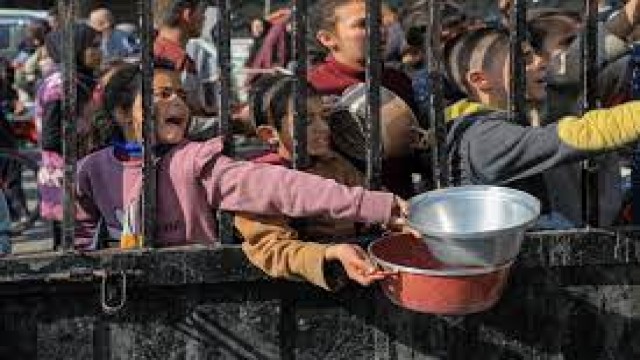

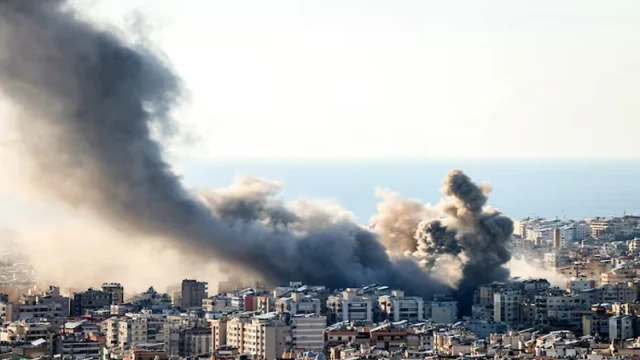

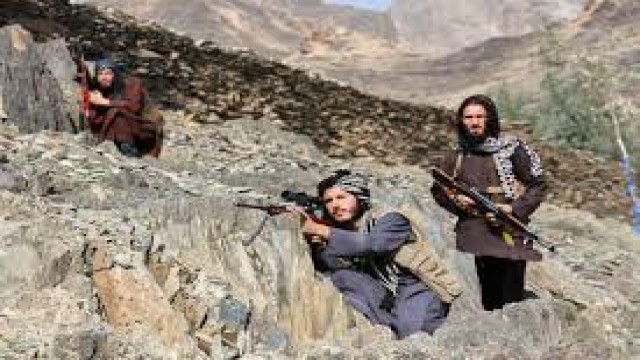
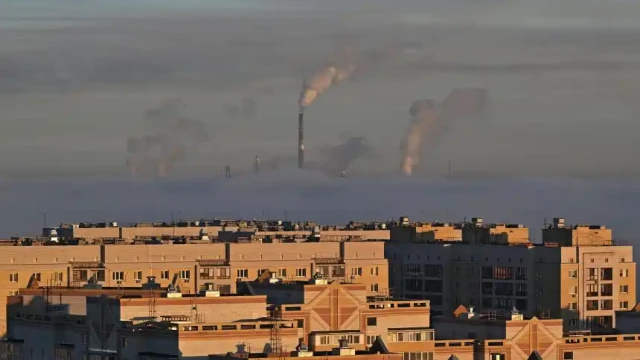

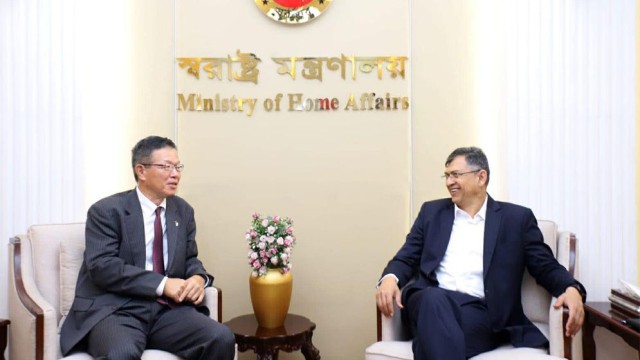
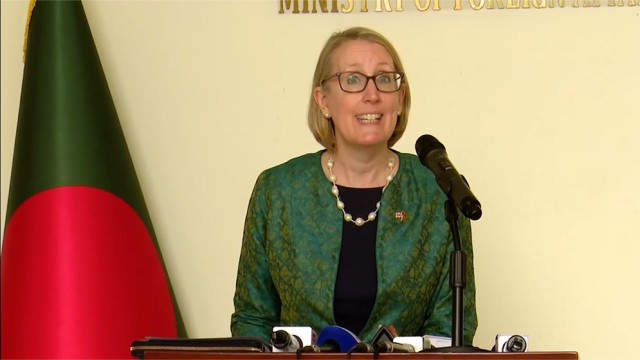
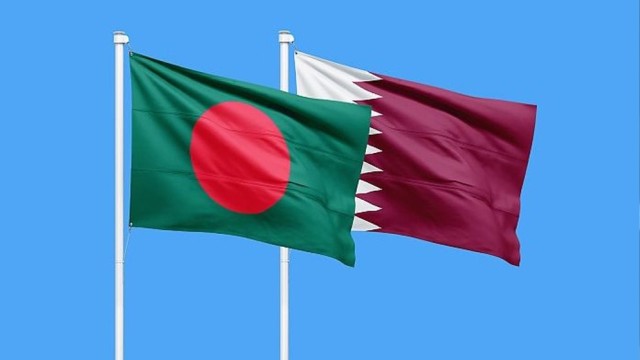
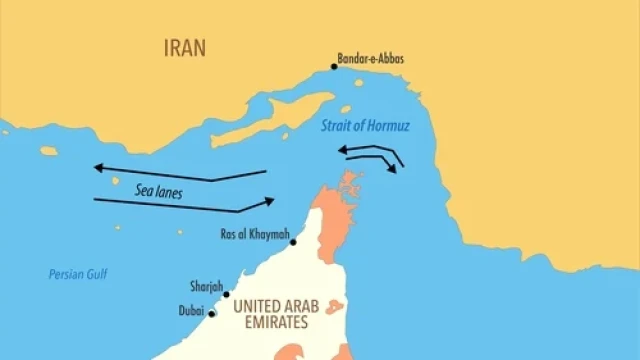
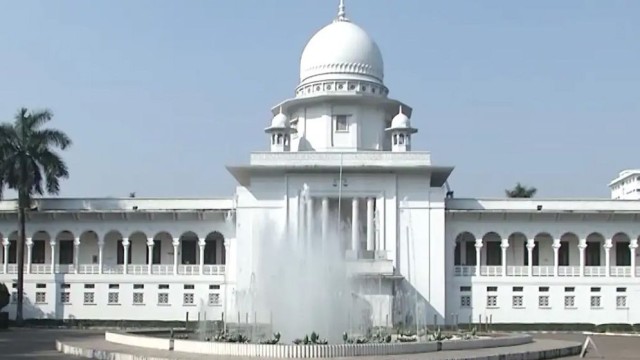
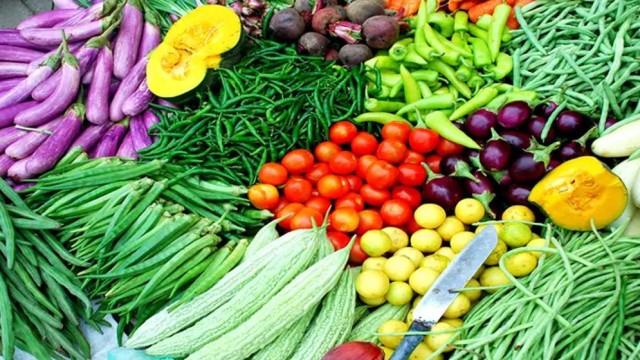













Comment: